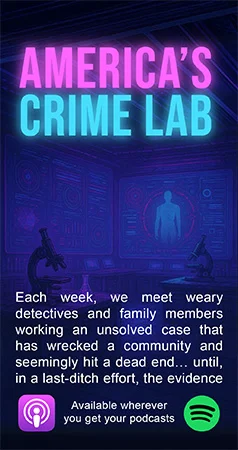- Joined
- Aug 1, 2013
- Messages
- 1,182
- Reaction score
- 993
That's what I'm thinking since I read the gunshot wound wasn't obvious until he was being autopsied. That's a strange yet specific detail of this case.
There are somewhat contradicting statements about how the body was found. It is best to go with the official police press release:
Ann Arbor Police said:On July 24, 2013, Police responded to the 200 block of North Ingalls where, Paul DeWolf, a 25 year old U of M medical student and Air Force Second Lieutenant, was found deceased in his apartment by a coworker who had been sent to check on him after he did not report for work.
Upon Officers arrival, the apartment was orderly and valuables appeared to have been untouched. The Medical Examiners Office was notified and subsequently responded to the scene. The cause of Mr. DeWolfs visible injury was unknown at that time and would require an autopsy to determine cause of death.
On July 25th the autopsy conducted by the Washtenaw County Medical Examiners Office revealed that Mr. DeWolf had suffered a single gunshot wound. No firearm was found at the scene.
The Ann Arbor police are actively investigating this crime. Anybody with information is asked to call the Ann Arbor Police tip line 734-794-6939, or e-mail [email protected] or Crimestoppers at 1-800-SPEAK UP.
So the injury WAS visible. However, it was not clear what caused the injury.
Perhaps it was a big caliber, and it wasn't immediately obvious whether this was a gunshot wound or a stab wound or something else. WoodTV reported somewhere that he was found "in a pool of blood".

